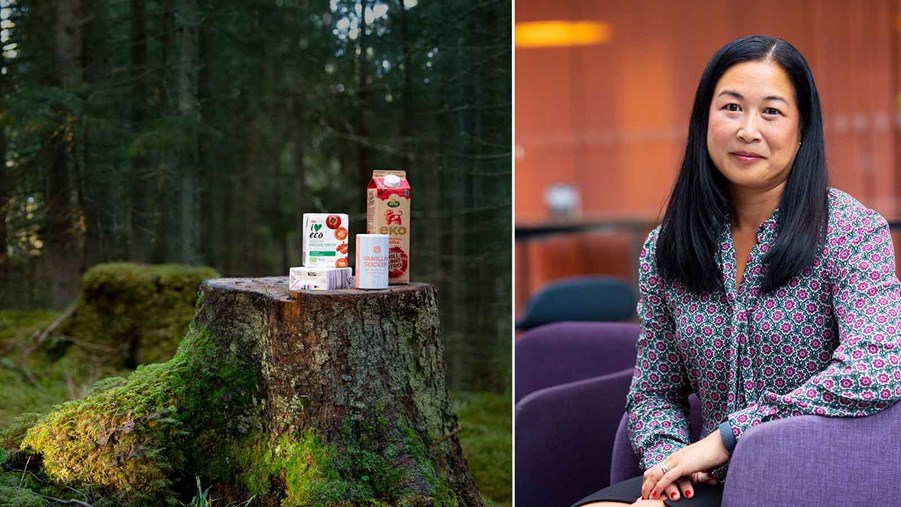
On 30 March, the European Commission adopted a Regulation on ecodesign for sustainable products (ESPR). The Regulation is a broad framework which encompasses products of all categories and aims to ensure that sustainability considerations are accounted for.
“We clearly support the aim of the initiative. An effective transition towards a circular bioeconomy requires that sustainable products become the norm. The ESPR is a broad and ambitious framework legislation covering all products that the Swedish forest-based industry produces. But as always, a key question is how the sustainability requirements will be applied more in detail on product group level,” says Kai-Yee Thim, Director of Products and Product Safety at the Swedish Forest Industries.
Renewability should be added as an ecodesign requirement
The ESPR introduces ecodesign requirements such as durability, ease of repair and maintenance, ease and quality of recycling and use or content of recycled materials. The Swedish forest-based industry states that one important requirement is missing, namely renewability of raw materials.
"The ecodesign requirements are crucial for making better use of our resources, but it also matters what we are circulating and extending the sustainability of. Products from renewable sources, such as fiber-based packaging, wooden houses or lyocell clothes, allow us to keep more fossils in the ground. In the upcoming legislative procedure, renewability of raw materials should be added as an additional requirement," says Kai-Yee Thim.
The process of replacing fossil-based products with renewable alternatives is ongoing. To utilize the potential of renewable raw materials, the forest-based industry is investing heavily in research and innovation.
“Our industry has already produced alternatives for packaging, chemicals and building materials. Our research efforts are extensive and new innovations will keep replacing fossil-based alternatives. It benefits the climate and makes the EU less dependent on fossil resources,” says Kai-Yee Thim.
The path forward needs clarity
One important issue for the forest-based industry in Sweden is to avoid regulatory overlap. In relation to construction products and packaging, the ESPR states that it will only intervene when the environmental sustainability dimensions of those products cannot be fully and appropriately addressed by other instruments. The connection between the ESPR, the upcoming delegated acts and other product specific legislation is yet to be clarified.
“The Commission is correct in trying to avoid regulatory overlap, but to us, there still seems to be room for interpretation on how to secure this. For the forest-based industry, this would mean ensuring consistency with, for example, the Packaging and Packaging Waste Directive and the Renewable Energy Directive, which already include sustainability requirements. Our industry certainly wishes and expects to be involved in the process going forward,” concludes Kai-Yee Thim.




